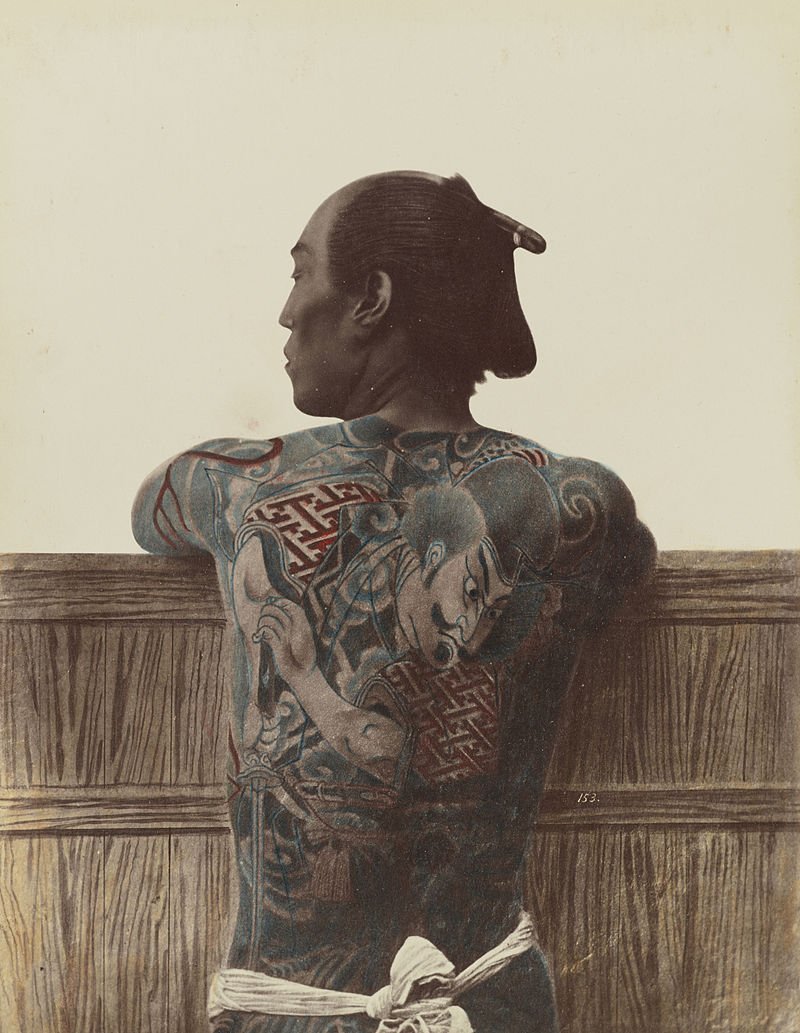A unique blend of various spiritual celebrations and traditional beliefs characterizes Japan’s religious makeup. Shintoism, with its reverence for nature and ancestral spirits, and Buddhism, with its teachings on enlightenment and compassion, are the two major religions in the country.
Read MoreThe title "Living National Treasure" holds profound meaning in Japanese society. These artisans are seen as living embodiments of Japan's cultural identity, representing a bridge between the past and the present.
Read MoreShudan ishiki — (n) A term to describe that in Japanese society, people tend to be group-oriented, giving priority to group harmony over the individual
Read MoreAimai — (adj) ‘A state in which there is more than one intended meaning, resulting in obscurity, indistinctness, and uncertainty’.
Unlike other cultures, ambiguity can be seen as a sign of politeness and respect,
Read MoreSuibokuga is a style of monochrome painting characterized by the use of just two things, black ink (sumi) and water. Deceptively simple, suibokuga artists make use of these two seemingly mundane materials to create a complex world of light, form, and even texture.
Read More




















